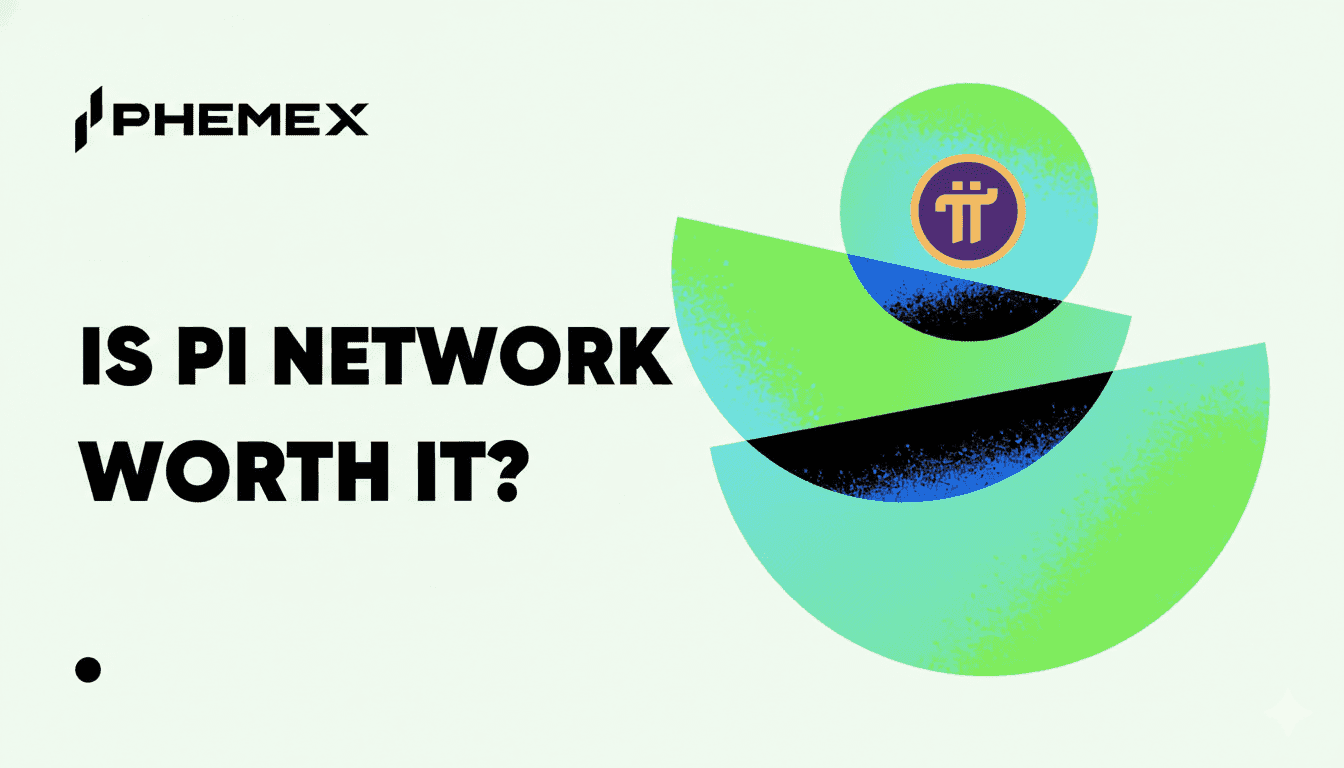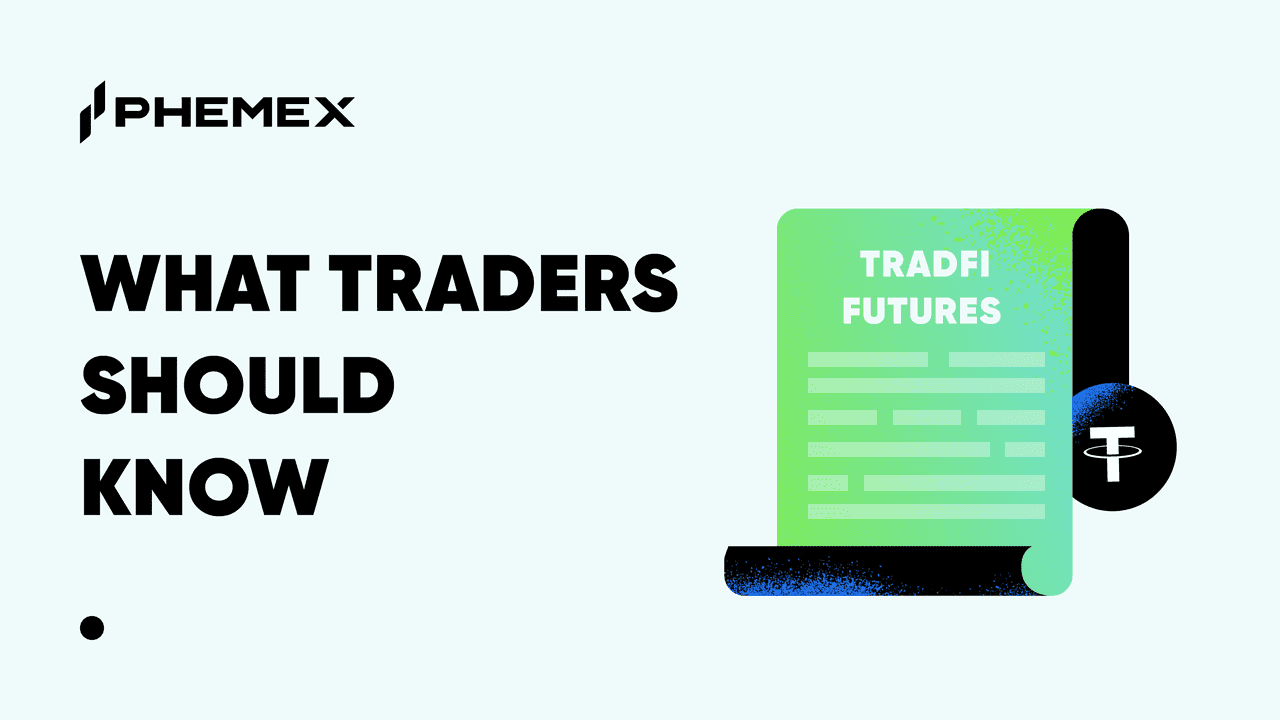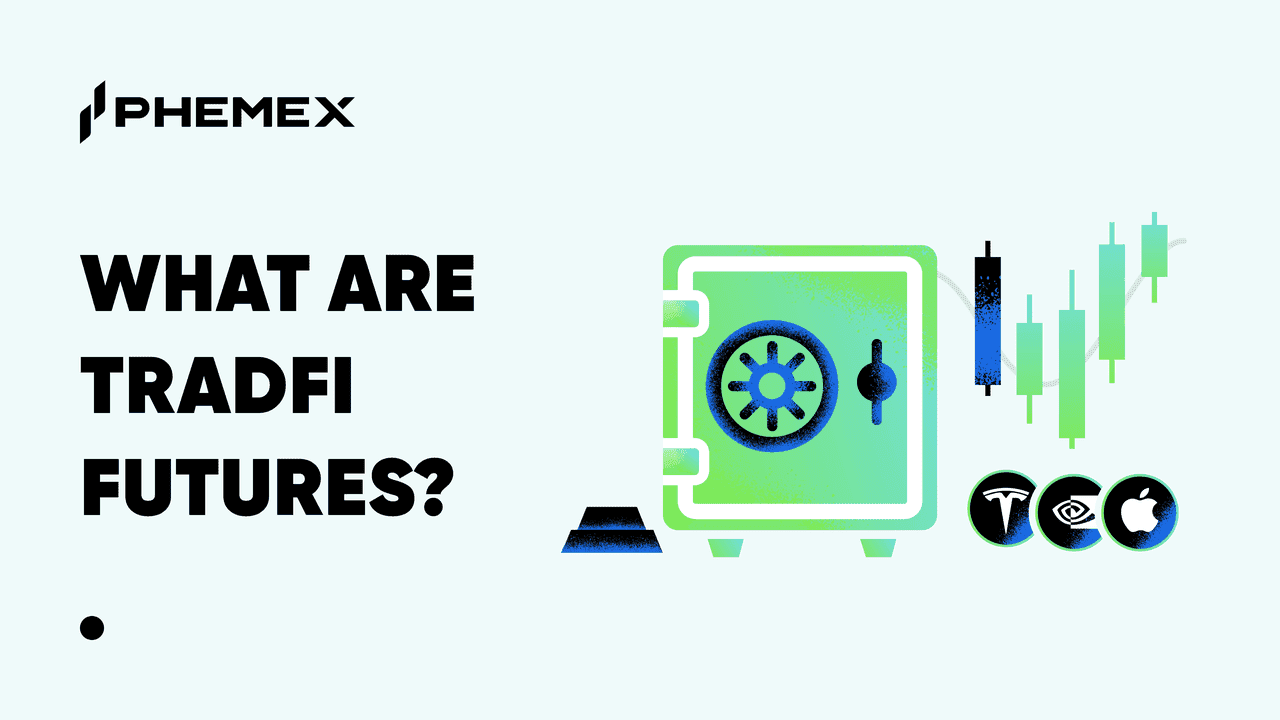Crypto futures are standardized contracts in which a buyer agrees to purchase, and a seller agrees to sell, a set amount of cryptocurrency at a predetermined price on a specified future date. This form of trading has become popular among investors and traders, paving the way for both regulated and unregulated marketplaces.
What Are Cryptocurrency Futures?
Cryptocurrency futures, often referred to simply as "crypto futures," represent a commitment to buy or sell a specified amount of a cryptocurrency at a predetermined price on a set future date. They serve as a tool for traders to hedge against potential price volatility or to speculate on future price movements.
How Crypto Futures Work on Regulated Exchanges
Regulated exchanges, often backed by governmental or financial institutions, offer crypto futures trading with a standardized framework. Here's how they function:
- Standardized Contracts: Contracts have set parameters like size, expiry dates, and tick size.
- Margin Requirements: Traders must maintain a minimum balance in their accounts to cover potential losses.
- Clearinghouse: Acts as an intermediary to ensure both parties fulfill their contractual obligations, reducing counterparty risk.
- Monitoring & Surveillance: Regular audits and surveillance mechanisms ensure fair trading and prevent market manipulation.
How Crypto Futures Work on Unregulated Exchanges
Unregulated exchanges operate outside the purview of standard regulatory bodies. While they offer flexibility, they come with increased risks:
- Customized Contracts: They may allow for non-standard contract sizes and terms.
- Varied Margin Requirements: Depending on the platform's rules, margin requirements might be lower or even non-existent.
- Potential for Higher Leverage: Offers opportunities for higher returns but also greater risks.
- Lack of Oversight: Without regulatory oversight, there might be increased susceptibility to fraud or manipulation.
Where Can You Trade Cryptocurrency Futures?
Cryptocurrency futures can be traded on both regulated exchanges, such as CME Group or Bakkt, and unregulated platforms, which include many popular crypto exchanges.
- Phemex - Best Crypto Futures Platform: Known for its user-friendly interface and efficient trading tools, Phemex offers a seamless experience for those looking to dive into crypto futures trading.
- Kraken - Best for Crypto Futures in the US and Canada: With its robust security features and regulatory compliance, Kraken is a favorite among traders in North America.
- Binance - Best Choice for Institutional Investors: As one of the largest global exchanges, Binance offers a vast array of futures contracts suitable for institutional traders.
- Gate.io - Best for No KYC Futures Trading: For those prioritizing privacy and looking to bypass Know Your Customer (KYC) procedures, Gate.io is a top choice.
- GMX - Best Decentralized Crypto Futures Exchange: For traders seeking a decentralized platform with no central authority, GMX offers crypto futures trading in a secure and transparent environment.
Advantages of Crypto Futures
- Hedging: Protect against adverse price movements in cryptocurrencies.
- Price Discovery: Helps in determining the future price of cryptocurrencies.
- Leverage: Amplify potential returns with a smaller upfront investment.
- Liquidity: Increased trading volumes lead to better market liquidity.
Special Considerations
- Regulatory Environment: The evolving nature of cryptocurrency regulations can affect the futures market.
- Contract Specifications: Understanding terms like expiration, underlying asset, and settlement is crucial.
- Market Manipulation: Especially on unregulated platforms, there's potential for manipulative tactics.
Cryptocurrency Futures Options
Similar to traditional financial markets, options on cryptocurrency futures are contracts that give traders the right, but not the obligation, to buy or sell a futures contract at a specified price before a certain date. They offer another layer of strategy for traders looking to hedge or speculate.
Crypto Future FAQs
- Q: What's the difference between spot trading and crypto futures trading?
- A: Spot trading involves the immediate exchange of cryptocurrencies, while crypto futures trading deals with contracts representing future transactions.
- Q: How is the settlement of crypto futures done?
- A: Depending on the exchange, it can be cash-settled (you receive the price difference) or physically-settled (you receive the actual cryptocurrency).
- Q: What's the role of leverage in crypto futures?
- A: Leverage allows traders to enter positions larger than their account balance. It can amplify both gains and losses.
Read More
- What Are Crypto Futures & How To Trade Bitcoin Futures Profitably
- What are Crypto Derivatives & How do they Work?
- What are Crypto Options & How do They Work?
- What is Contract Trading in Crypto & How does it Work?
- What is Contract Trading: How to Trade Crypto Derivatives on Phemex
- What is Cryptocurrency & How does it Work?
- What are Crypto Derivatives: Most Popular Bitcoin Derivatives Explained
- What is Spot Trading & How does it Work?







